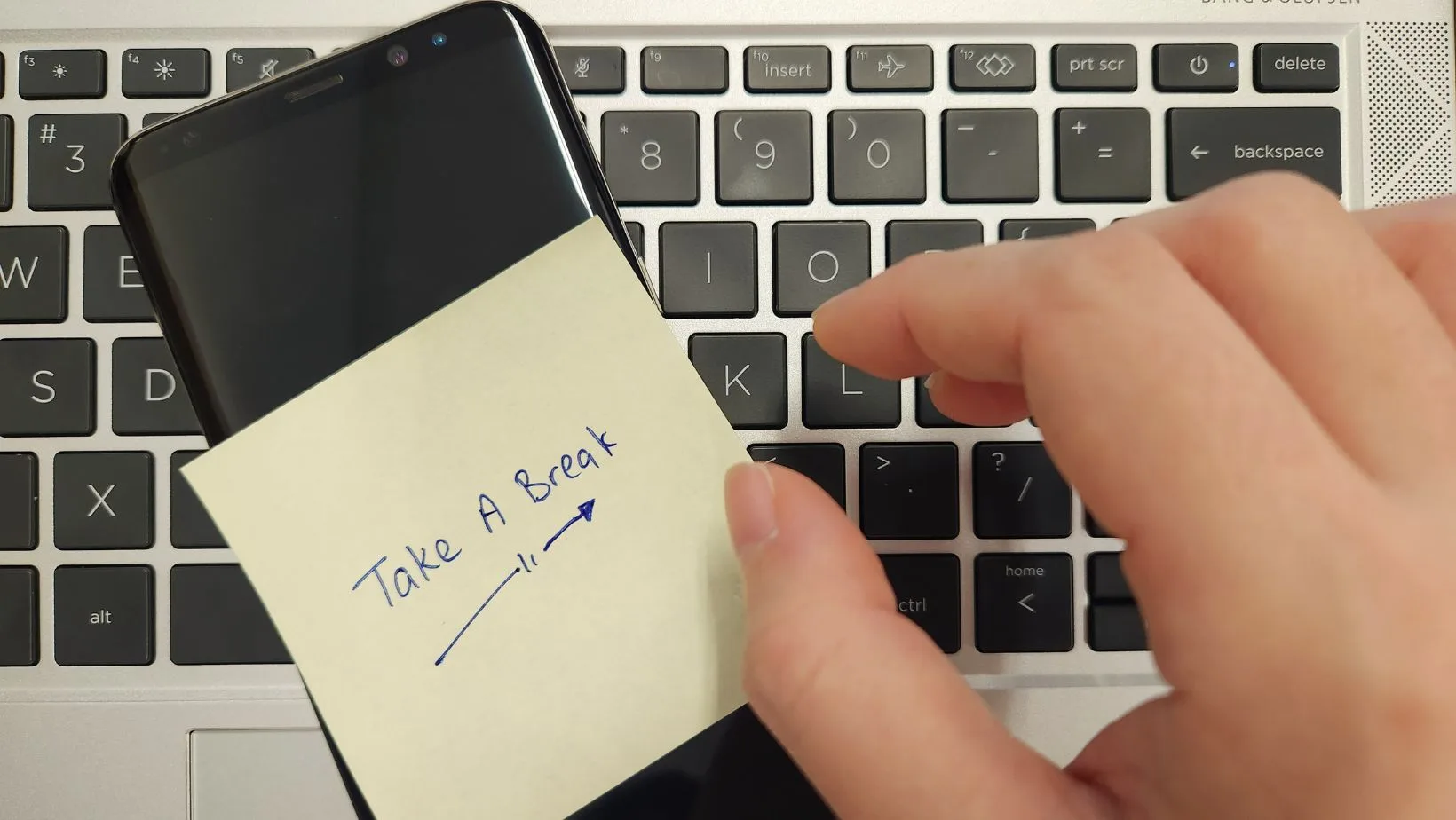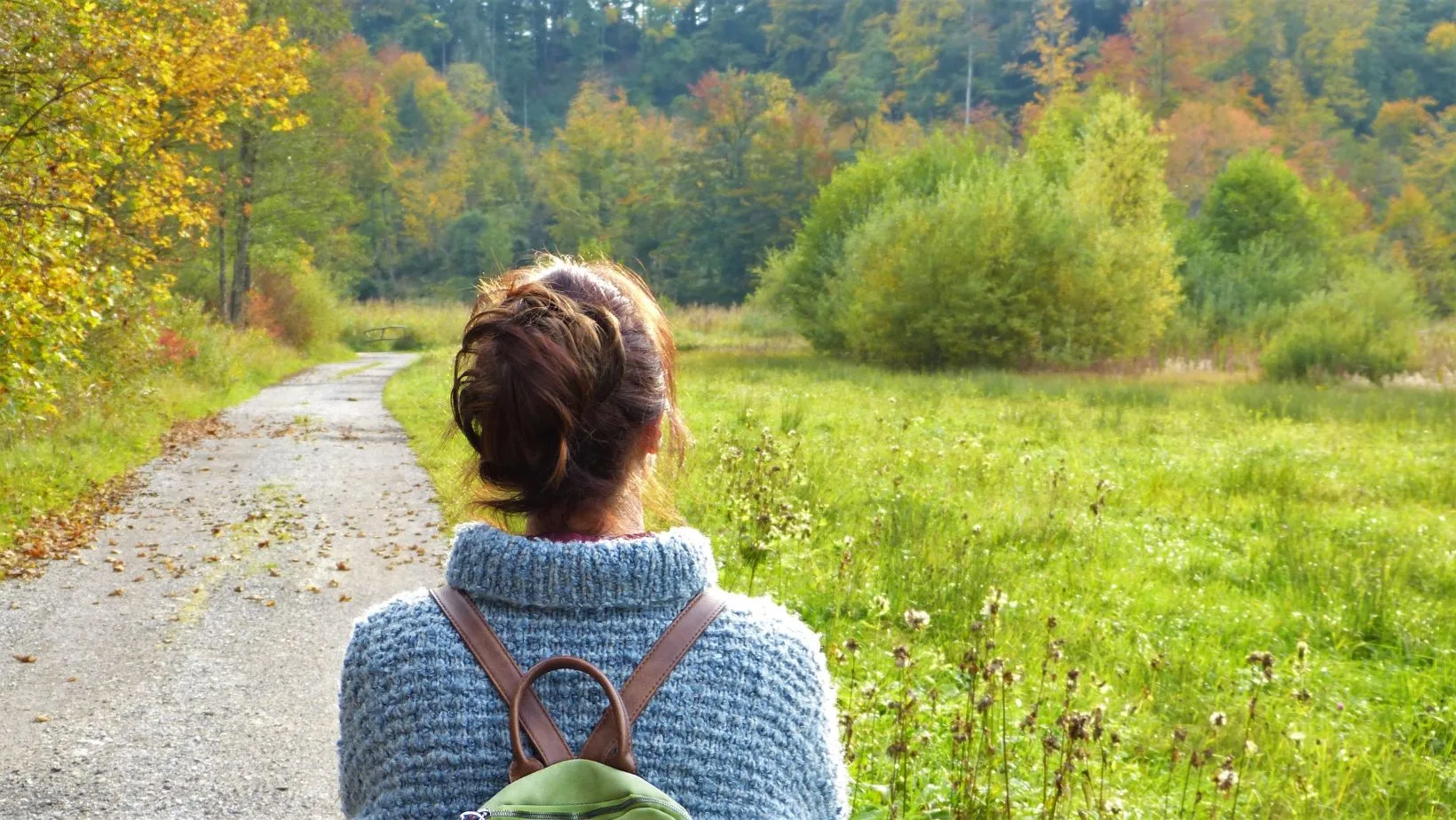In today’s fast-paced world, everything is constantly moving at a breakneck speed. Sometimes, life is so fast that we tend not to give the required attention to our body and mind that are constantly calling for help. Hector Garcia and Francesc Miralles, the celebrated authors of ‘Ikigai- The Japanese Secret to a Long and Happy Life’, gave special emphasis on the importance of slow living. According to Ikigai, rushing through things or being in a hurry can have negative effects on our quality of life. By taking things slow, you are more mindful of your decisions and can add meaning to your life. But the question is, how? Daily life challenges such as demands at work, social obligations to personal goals and ambitions, make us feel like there is always something that needs to be done right away and we need to continue moving towards those goals. Here are the reasons why it is so important to slow down and some practical tips that you can incorporate in your busy life.
Get Ikigai – The Japanese Secret to a Long and Happy Life Book here : https://amzn.to/3u6JuWU
Importance Of Slow Living:
Improved Mental Health
One of the significant benefits of slow living is the positive impact it can have on our mental health. Taking time to relax, unwind, and engage in self-care activities can help reduce stress, anxiety, and overwhelming feelings. When we’re constantly on the go, it can be difficult to give our minds a chance to rest and recharge. Slowing down can help us better manage our emotions, improve mood, and enhance our overall sense of well-being.
Better Physical Health
Constantly running in between tasks can make us neglect the crucial needs of our body resulting in lack of sleep, untimely meals, low physical exercise etc. Slow living gives us the opportunity to engage in self-care activities and prioritize our wellbeing.
Increased Productivity
Slow living can actually lead to increased productivity in the long run. Sounds counterintuitive, right? When we’re constantly on the go, we can easily become burned out, leading to decreased motivation and low energy levels. Slowing down can help recharge our batteries, giving us the energy and focus we need to tackle our to-do lists with greater efficiency and effectiveness.
Improved Relationships
When we’re constantly rushing around, it can be challenging to nurture our relationships with friends and family. Slowing down and taking the time to connect with loved ones can help strengthen those relationships, improving our overall social and emotional well-being. Whether it’s enjoying a leisurely meal together or simply spending quality time talking and connecting, slowing down can help us cultivate deeper and more meaningful relationships with those who matter most to us.
Increased Mindfulness
Slow living can also help us cultivate greater mindfulness in our daily lives. In the fast-paced life, it can be challenging to stay present and fully engaged in the moment. By taking the time to slow down and focus on the present moment, we can cultivate greater mindfulness, leading to improved overall well-being and a greater sense of purpose and fulfilment in life.
Practical Tips to Incorporate Slow Living:
Before we start sharing the tips on ways of incorporating slow living, it is extremely important to have the correct mindset to embrace it. One should know that self-care is not a luxury but necessity. This contests our culture that celebrates business, productivity, and constant achievement, often at the expense of our physical and mental well-being. With the right mind set, one can prioritize self-care and regain the sense of self and greater sense of purpose and satisfaction in life.
This doesn’t mean we don’t participate actively or whole heartedly while working on our dreams or responsibilities. It just means that we keep our self-care as well in the list of our priorities. Here are small steps towards changing the pace of our life.
1. Start Your Day Slowly

One way of starting the day is to wake up, and quickly get ready for work or college, do necessary chores, grab breakfast on the go and indulge in the responsibilities. The problem is, for our mind, this state of inertia continues and doesn’t find a center around which the rest of the day revolves. The rush developed in the mind during the morning routine continues throughout the day and ends up complicating the simplest situations.
The other way is to start the day slowly by giving yourself some time to sit in peace and away from screens, work, or any worries. You can also include a short meditation session. Focusing on breath and clearing your mind can help you feel more grounded. Morning is also the time when you can pursue your hobbies without being interrupted by surroundings. This gives your mind the ability to gradually shift towards the state of consciousness. Researchers have concluded that people who start their day early and consume the calm of mornings, are more productive, creative and successful in their endeavors.
2. Take a Tech Break

Taking technology breaks, also known as digital detox or screen-free time, is essential for maintaining a healthy balance between our digital lives and the real world. Designate specific times of the day to unplug from technology. Turn off the notifications and engage in activities that don’t involve screens. You can use this time to engage in hobbies, exercise, meditate, or simply relax without the distractions of digital devices. We cannot ignore digital devices in this era, but finding the right balance between digital life and the real world is the key to maintaining a healthy and fulfilling lifestyle.
3. Eat Mindfully

Mindful eating is a practice that involves paying full attention to the experience of eating, both the food itself and the way you eat it. It encourages a deep awareness of the sensory aspects of the meal, as well as the thoughts and emotions that arise during the eating process. Instead of rushing through meals, savor every bite. Pay attention to the flavors, textures, and aromas of your food.
4. Connect with Nature

Nature connection refers to the bond or relationship that individuals have with the natural world. It encompasses a deep, emotional, and often spiritual connection to the environment and the living things within it. This connection has significant physical, psychological, and emotional benefits. Spend time outdoors. Nature has a calming effect on the mind and can help you appreciate the beauty of the world around you.
Few other changes that can enhance slow living:
Set Boundaries
Learn to say no when necessary. Protect your time and energy by establishing clear boundaries with work and social commitments.
Sleep
Prioritize sleep by creating a consistent bedtime routine. A well-rested mind is better equipped to handle life’s challenges.
Exercise
Regular physical activity can help you de-stress and clear your mind. Find an activity you enjoy, whether it’s yoga, walking, or dancing.
Practice Gratitude
Reflect on the things you’re grateful for. Keeping a gratitude journal can help shift your focus towards positivity.

Slow living is a practice that takes time and patience. It is essential to remember that it’s okay to make mistakes and have setbacks along the way. Cultivate a positive perspective, and don’t be too hard on yourself.
In a world that seems to be constantly accelerating, choosing to slow down can be a revolutionary act. It is a conscious decision to reclaim your time, find joy in the present moment, and create a more balanced and fulfilling life. Make small, gradual changes, and watch as the art of slowing down transforms your life for the better.
Related Reads:
Why Should You Practice Gratitude Everyday?



2 thoughts on “Art of Slow Living : Benefits and Tips to slowing down in life”